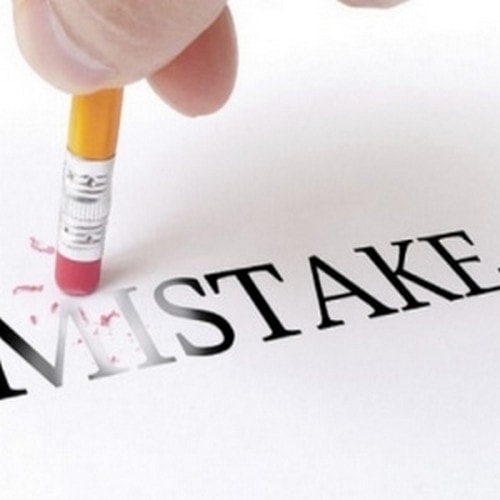
What is the best practice for Resume Writing?
There are lots of common questions that arise when it comes to resume writing, so we thought we’d provide you with the answers to some of the most frequently asked questions to do with it. Hopefully these can be of some help!
1) How long should my resume be?
Recruiters receive a high volume of resumes for each role.It’s important that yours is scannable. They can make their mind up about whether they are interested in yours quickly.
Limiting yours to 1-2 pages is probably best. Make sure you include all of the information that you feel will be relevant to your job hunt. It is important that you do not feel restricted when you do resume writing.
Bullet points and subheadings can help to cut down the length. This makes it easier for recruiters to identify the information they are after.
2) What should be included in resume writing?
Your resume needs to provide employers with a well-rounded idea of your professional experience and career to date, highlighting all of your relevant skills and achievements.
Some choose to write a short personal summary introducing who they are, where their experience lies and what kind of career step they are looking to make next, which is great for giving your resume a personal touch.
The key information that should be noted on resume writing are contact information, previous work experience, education, your top accomplishments and relevant skills. Including keywords that have been used in the job description will help to ensure your resume is flagged up when resume scanning software is used.
3) Should resume writing needs to be chronologically or functionally?
The format that you use for resume writing really depends on where you are in your career and the relevance of your past experience for the role you are applying for.
A reverse Chronological Resume Writing Style is the most popular format to use and lists your previous work experience from the most recent, to the oldest, along with information about your responsibilities and achievements within each role.
This format works well for people who have already established their career and are looking to progress in the same sector; rather than people who are looking for their first job or changing careers.
A Functional Resume Writing is much more skills-based and places focus on the information that is most relevant to the particular role. The main substance of your resume should be a list of your top achievements and experience that is most pertinent to the job.
You should still provide a summary of your work experience. However, this can be placed lower down on your resume; allowing you to be a bit more discreet about any employment gaps or a lack of professional experience.
4) How should I handle employment gaps in resume writing?
The likelihood of an employment gap damaging your chances of landing a new job really depends on two things. One, how long ago it was. Second, how long it was for. If the period of time was years ago and you’ve been back in work for some time, it really isn’t anything to worry about and will probably go unnoticed.
On the other hand, if your break in employment has happened more recently, which has spanned over several months or even years, then you may want to think about how you can explain this in a way that won’t hinder your job hunt.
So before resume writing, think about what activities you’ve got involved in during that time and any unpaid experience such as volunteering or community projects that you can use to fill the gaps. You may also wish to provide a brief explanation about any gaps in your cover letter when you apply for a role.
5) What if I have no experience?
If you’ve only just graduated or are looking for your first job, you may feel like you don’t have any work experience to list. You end up confused in resume writing. The key to this is showing passion. You may want to elaborate on the skills that you have developed throughout education and other non-professional experiences.
So in resume writing, you make an enthusiastic personal summary. You can demonstrate that you are driven. Try to show that you are focused on building a career within a certain area.
You should then provide a list of all of your qualifications, hobbies and past projects. Highlight all these that have allowed you to develop transferable skills that make you equipped for the job.
Even if you have no formal work experience, volunteer work and undertaking projects at school/uni allow you to develop skills. You can explore areas such as customer service, time management and team work that will benefit you professionally.
6) Should I tailor my resume?
Yes. What works for one role may not work for another. Thus, making alterations in resume writing for particular roles can boost your chances of being considered for the job.
Reorder information on your resume. Position the most relevant experience in the highest part of your resume. Feature keywords used in the job descriptions by rewording information on your resume. When doing this, read the job description thoroughly. Then, match up the requirements with the experience that you possess.
A great resume writing skill is as important as our great personality during job interviews. A well-presented resume can get us nearer to job success. So we better improve our resume writing style and ask ourselves those 6 frequently asked questions, too. So, start your job search now. Try Complete Staff Solutions. And, wow them with your good resume writing skills.
